In a significant development for traditional medicine, the National Institute of Indian Medical Heritage (NIIMH), Hyderabad, has been recognized by the World Health Organization (WHO) as a Collaborating Centre for "Fundamental and Literary Research in Traditional Medicine." This designation, which came into effect on June 3, is part of a collaborative effort to enhance the research and global understanding of traditional healing practices.
Historical and Modern Synergy
Located in Hyderabad, NIIMH functions under the umbrella of the Central Council for Research in Ayurvedic Sciences (CCRAS), within the Ministry of Ayush. Since its inception in 1956, NIIMH has been at the forefront of documenting and promoting medical history research encompassing a broad spectrum of disciplines including Ayurveda, Yoga, Naturopathy, Unani, Siddha, Sowa-Rigpa, Homeopathy, and Biomedicine. This institute not only preserves the past but also integrates modern digital tools to broaden the accessibility and applicability of ancient wisdom in contemporary medical practices.
Digital Innovation and Global Contribution
Under the stewardship of Vaidya Rabinarayan Acharya, Director General of CCRAS and the head of this newly formed WHO-CC, NIIMH has embarked on several pioneering digital initiatives. These include the AYUSH Manuscripts Advanced Repository (AMAR) portal, which hosts an extensive catalogue of over 16,000 manuscripts, with 4,249 digitized texts. It also features the Showcase of Ayurvedic Historical Imprints (SAHI) portal, displaying 793 medico-historical artifacts, and the e-Books of Ayush project, which provides digital versions of classical texts.
The National Ayush Morbidity and Standardized Terminologies Electronic (NAMESTE) portal, another notable initiative, compiles detailed morbidity statistics from 168 hospitals. Furthermore, the Ayush Research Portal serves as a comprehensive index for over 42,818 published Ayush research articles, marking a significant step towards integrating traditional Indian medicine into mainstream medical research.
Custodian of Medical Heritage
NIIMH is home to a Medical Heritage Museum and Library, which boasts a rich collection of over 500 physical manuscripts and rare books, some dating back to the 15th century AD. This museum serves as a treasure trove for researchers and enthusiasts alike, aiming to foster a deeper understanding of the historical trajectories of healthcare practices.
A Global Platform for Traditional Medicine
With its designation as a WHO-Collaborating Centre, NIIMH now plays a crucial role in assisting the WHO with tasks such as standardizing terminologies for Ayurveda, Unani, Siddha, and Sowa-Rigpa, and updating the Traditional Medicine Module-II for the 11th edition of the International Classification of Diseases (ICD-11). This collaboration is poised to elevate the global stature of Indian traditional medicine, facilitating its integration into international health systems.
Looking Ahead
The recognition of NIIMH as a WHO-Collaborating Centre underscores a global acknowledgment of India’s rich medical heritage and its potential to contribute to contemporary health challenges. With approximately 58 WHO-CCs in India, spanning various disciplines of biomedicine and allied sciences, the country is uniquely positioned to lead the charge in the global discourse on integrating traditional and modern medicine for a holistic approach to health and wellness.
This partnership not only honors the legacy of traditional Indian medicine but also paves the way for its future, promising a healthier tomorrow through a synergy of ancient wisdom and modern science.
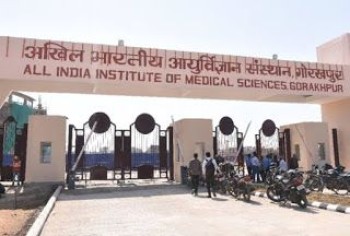

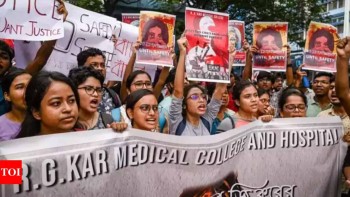
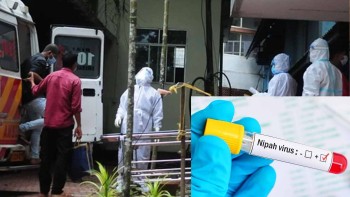
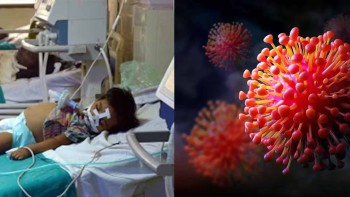
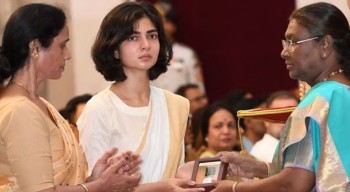
Recent comments
Latest Comments section by users